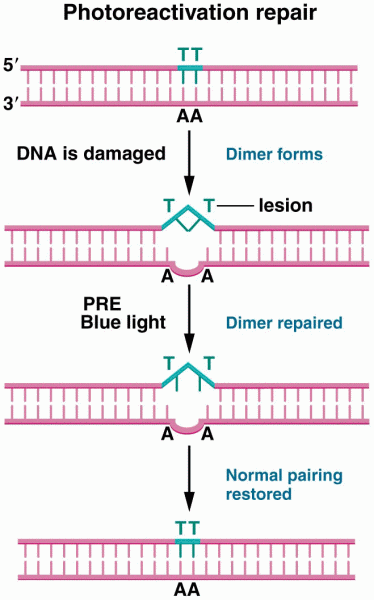|
|
|
Green tea is able to stop the scent of garlic or onion from causing bad breath.
Blood is approximately twice as thick as water because of the cells and other components found in it.
It is difficult to obtain enough calcium without consuming milk or other dairy foods.
The most dangerous mercury compound, dimethyl mercury, is so toxic that even a few microliters spilled on the skin can cause death. Mercury has been shown to accumulate in higher amounts in the following types of fish than other types: swordfish, shark, mackerel, tilefish, crab, and tuna.
Automated pill dispensing systems have alarms to alert patients when the correct dosing time has arrived. Most systems work with many varieties of medications, so patients who are taking a variety of drugs can still be in control of their dose regimen.







